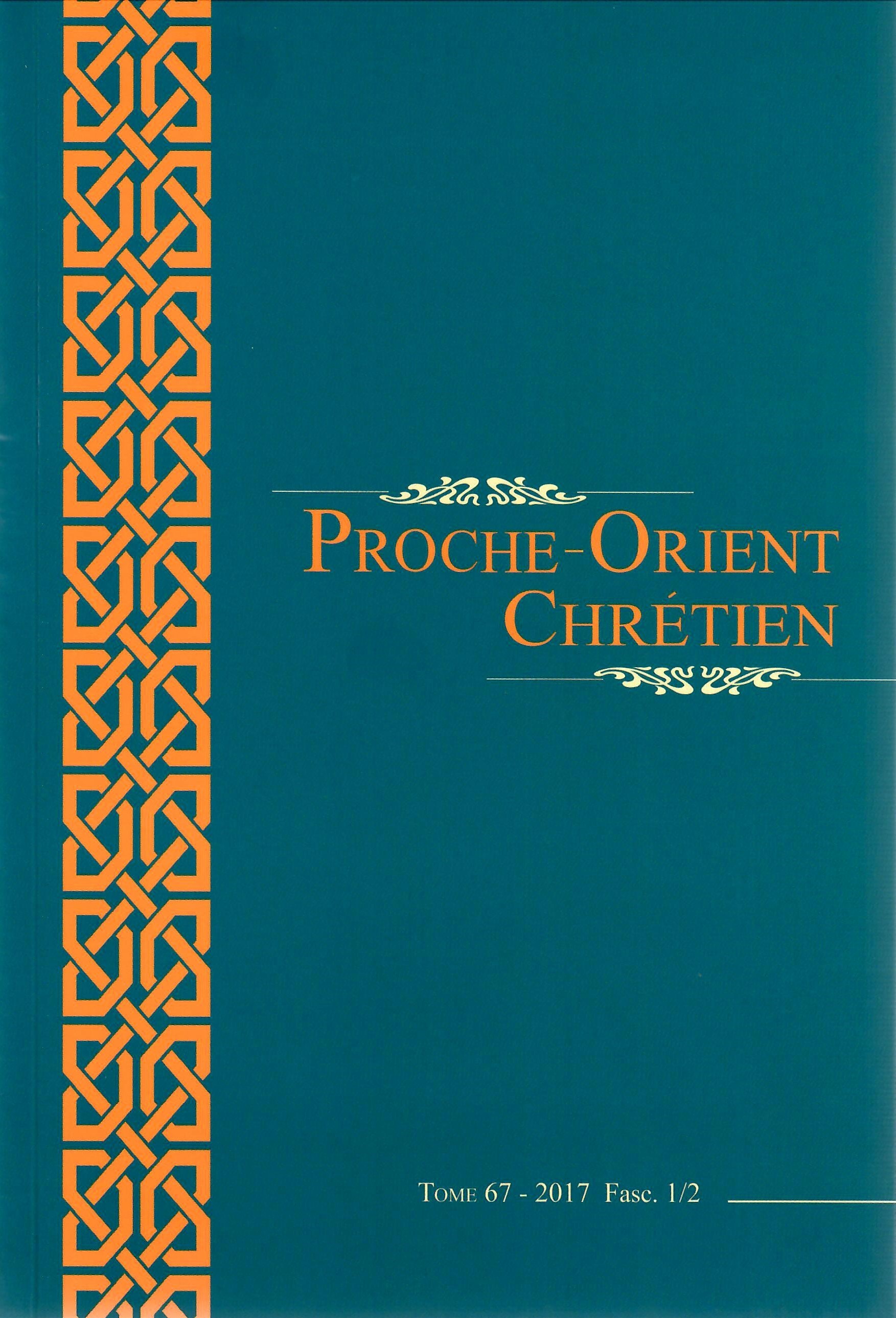Abstract
One of the challenges faced by the apologists was to expose to non-Jews the biblical revelation which was traditionally formulated in concepts that are largely unrelated to the ambient culture of Hellenism spread by Alexander the Great.
How to explain history conceived as spiritual progress, the notion of a personal relationship with a God of love, the incarnation of the Word, and the resurrection, in terms that would be coherent to pagan contemporaries? Theophilus, the sixth Bishop of Antioch, embraced this challenge in his "Three Books to Autolycus". First of all, the knowledge of God, for him, is not a matter of rational acquisition; it requires the conversion of the heart in order to be able to welcome the revelation. This is mainly exposed through the different status of the Word of God. First hidden in the Father's bosom ('immanent Word'), he is manifested as distinct ('uttered Word') in order to create the world. Then, he spread himself, throughout history, into the various cultures and religions, which explains the elements of truth that may be found in paganism - actually, very few, according to Theophilus.
Finally, he is fully revealed through incarnation. The second point in Theophilus' book is the idea of the response that man should provide to God's initiative: it requires his cooperation to the work of salvation, for the nature of man is by essence progressive and perfectible. The insistence of Theophilus on synergy, the divine philanthropy and necessity of enculturation for Christian faith makes of him a very appealing and quite modern thinker of Christianity.

